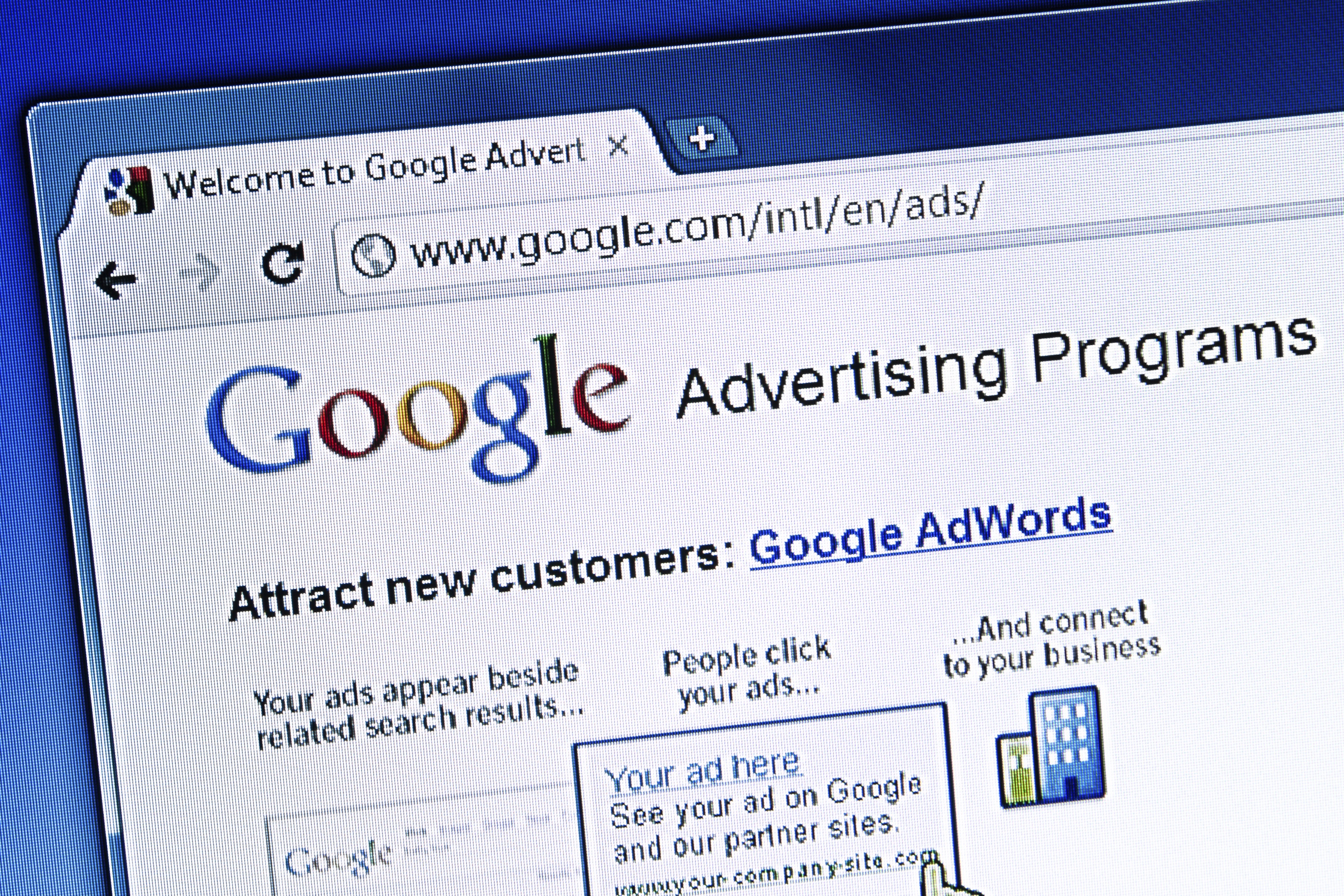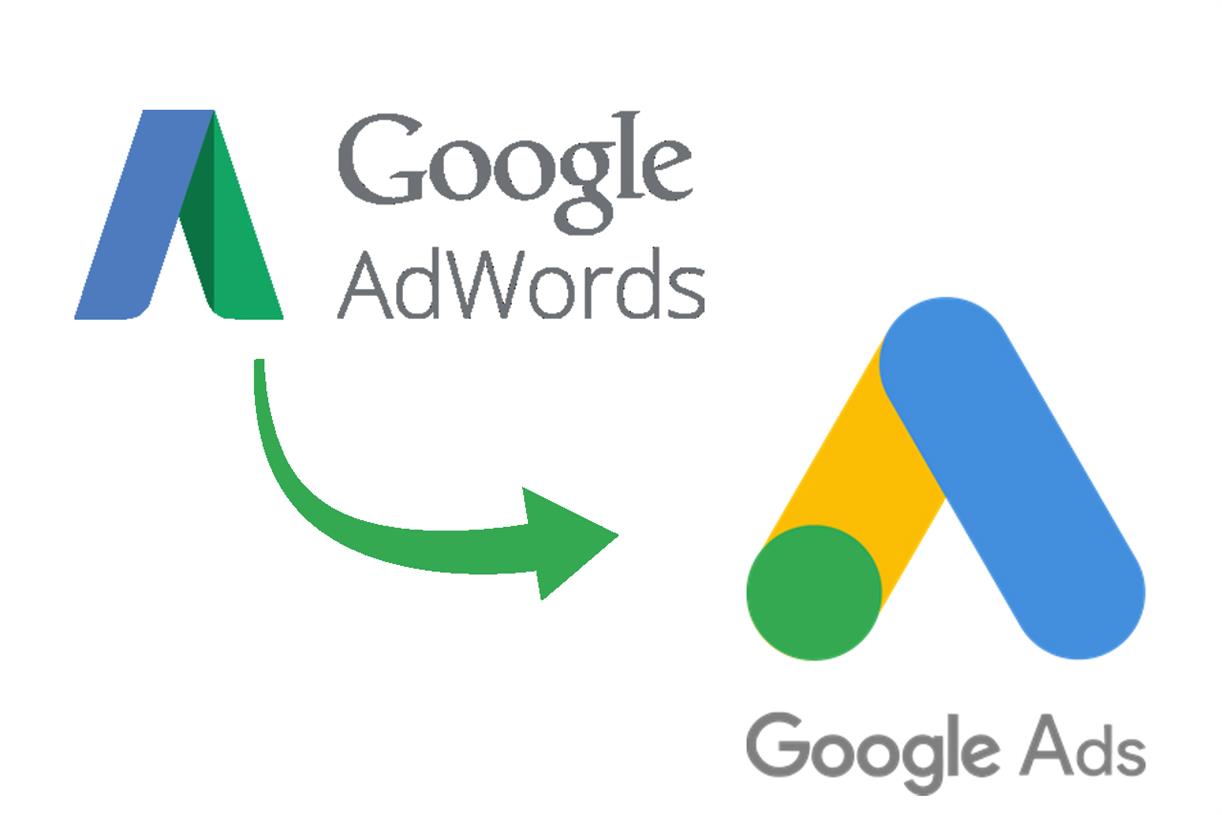


For bigger brands that are still naive to this, it can be quite a problem. In the end it was largely overhyped but competitor bidding does still happen. The fear was that all our competitors would suddenly be taking customers that were about to shop with us. When we told him this could have been avoided had a trademark been in place well, let’s just say he wasn’t best pleased with his PPC agency. We recently had a meeting with a CEO that had just spent £30k on radio advertising, only for a competitor brand to gain from his hard earned investment by bidding on their brand name in Google. Occasionally brands manage to create gentlemen’s agreements where they agree not to bid on each other. Sometimes it results in playground antics, like brands bidding on each other to push up CPCs and solicitors threatening legal action. Google encourages businesses to resolve issues like brand bidding themselves. So in essence although businesses can benefit from brand exposure by appearing for a competitors brand it’s actually harming their own Adwords account Quality Score and they certainly won’t get this traffic cheap. Low relevance = Low CTR% = Low Quality Score = High CPCs Bidding on a competitor keyword with no keyword relevance in the ad, display URL or landing page will mean low Quality Score and high CPC bids required to appear.So although you can appear for the keyword your ad won’t appear as relevant. Although advertisers can bid on a competitor’s brand keywords if that brand is trademarked they won’t be able to use that brand term in ad copy or the display URL.The principles of competitor brand bidding on Google Adwords are pretty simple: Brand traffic drops, brand CPCs go up, ROI goes down etc. On the other side of the fence, it has caused many a marketer a headache. They gain lots of ad impressions from their target customers and possibly hijack some sales too. Bidding on a competitor’s brand terms on Google appeals to some businesses.


 0 kommentar(er)
0 kommentar(er)
